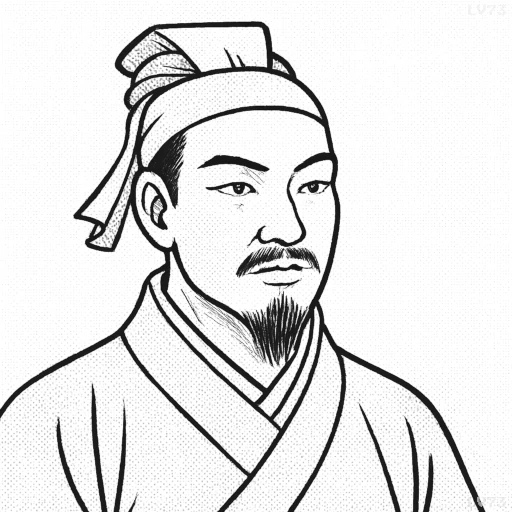“When envoys are sent with compliments in their mouths, it is a sign that the enemy wishes for a truce.”

- 544 BC-496 BC
- Born in China
- Military strategist, military strategist
table of contents
Quote
“When envoys are sent with compliments in their mouths, it is a sign that the enemy wishes for a truce.”
Explanation
In this quote, Sun Tzu points out that diplomatic gestures such as sending envoys with compliments or words of respect often indicate that the enemy is seeking a temporary cessation of hostilities or a truce. These actions may signal that the opposing side is not in a strong enough position to continue fighting or may be looking for a break to regroup, rearm, or negotiate. Compliments or polite communication in the context of warfare can be seen as a tactical move to create a space for negotiation, where the enemy is hoping to buy time, avoid further losses, or seek a more advantageous position. A skilled leader must be cautious and perceptive enough to understand the true motives behind such gestures, as they may signal weakness or, alternatively, could be a deceptive tactic meant to distract or disarm.
This principle is relevant not only in military conflicts but also in business and politics, where outward politeness or gestures of goodwill can sometimes be a signal of underlying motives. For instance, in international diplomacy, leaders might offer seemingly harmless concessions or pleasant words to de-escalate tensions or buy time while they prepare for the next phase of action. In business, competitors may offer cooperative gestures, like joint ventures or compliments, when they are struggling or when they need time to reorganize. Understanding the deeper strategic intent behind such gestures is crucial. In political negotiations, leaders may use polite diplomacy as a means to delay difficult decisions or to gain a tactical advantage by appearing willing to negotiate, when in reality they may be buying time to strengthen their position.
Historically, many great leaders have recognized the tactical implications of diplomatic gestures. For instance, during the Peloponnesian War, Athens used truce offers with Sparta to regroup and gain strategic advantage. In more recent times, during the Cold War, both the United States and the Soviet Union engaged in arms control negotiations where complimentary rhetoric was often used to cover the more strategic realities of competition. Napoleon Bonaparte, despite being a master of battlefield tactics, also understood the importance of diplomacy and would sometimes offer gestures of goodwill or truce to shift the strategic balance in his favor. Sun Tzu’s observation about envoys with compliments emphasizes the importance of critical thinking and skepticism in understanding the true meaning behind diplomatic actions—whether they are a genuine offer of peace or a ploy to gain time and advantages in the ongoing conflict.
Would you like to share your impressions or related stories about this quote in the comments section?

